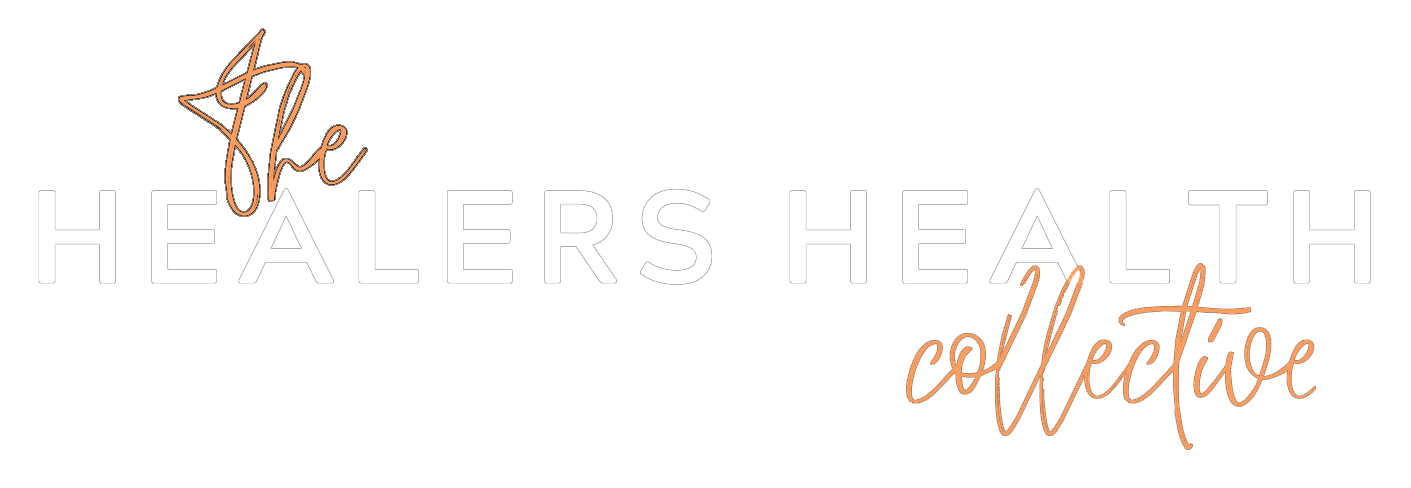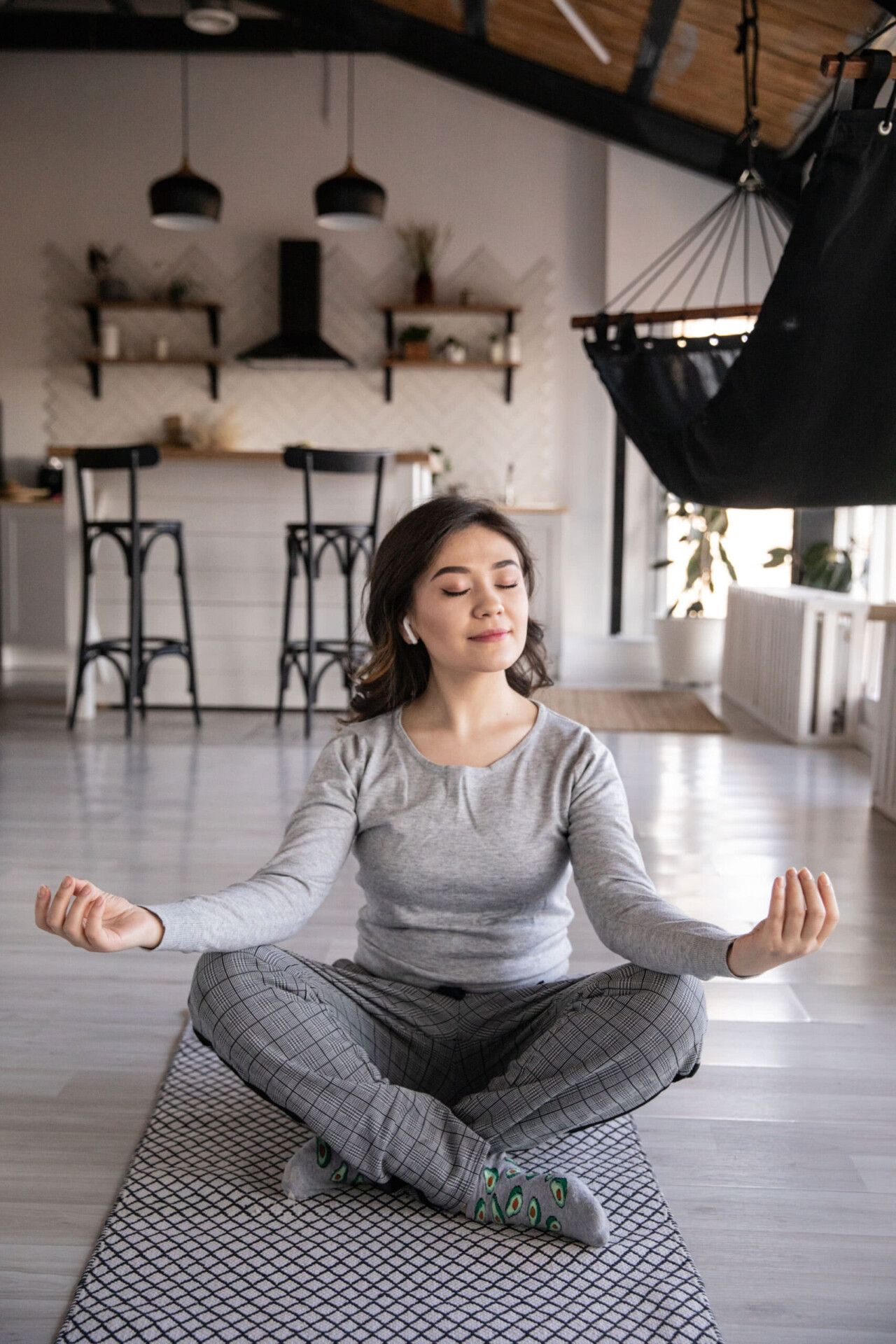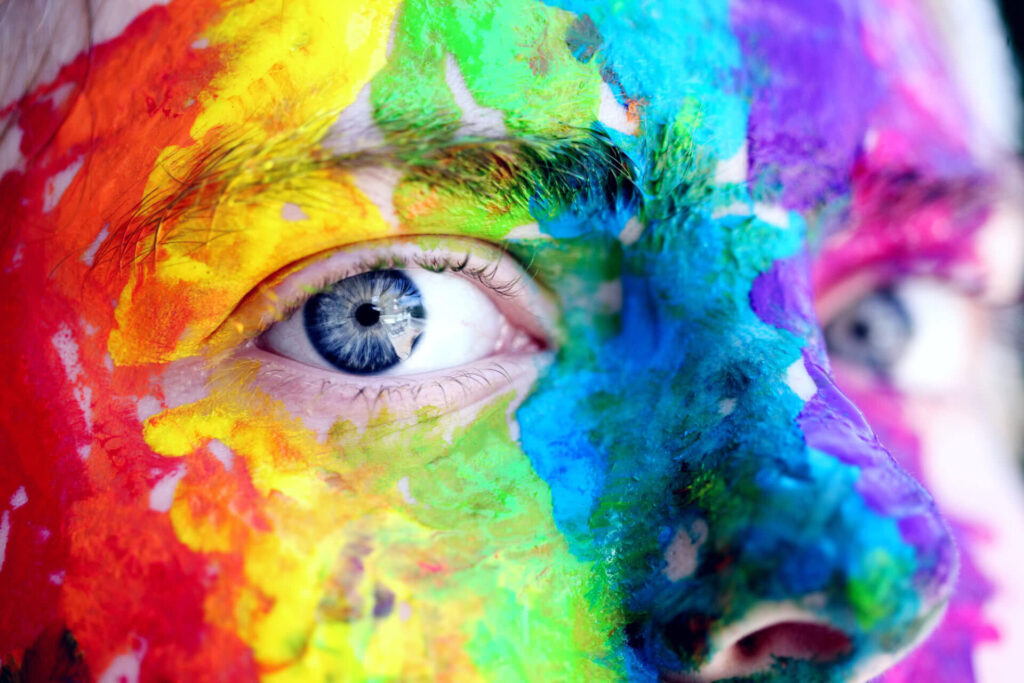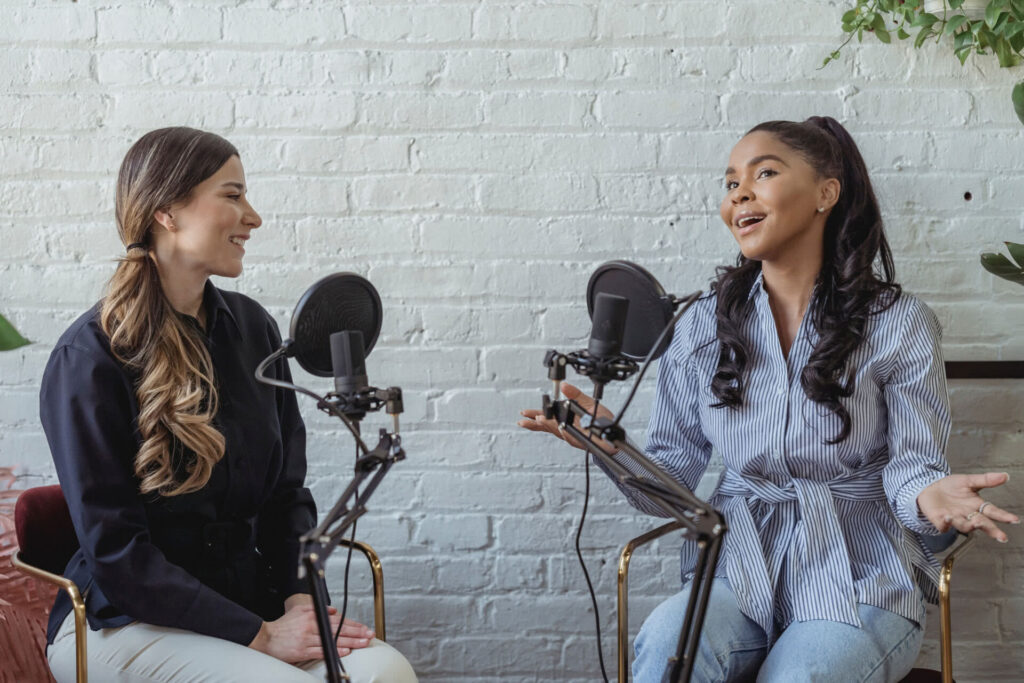Quite simply, mindfulness is a state of awareness. It’s not something that you need to actively force to happen or create, it is just the state of noticing your thoughts and emotions exactly as they are.
Sounds simple hey?
I remember when I first started practicing mindfulness I was intent on doing it 100%, on getting it perfect. It makes me laugh when I think back to those moments now.
You see, mindfulness isn’t actually something that any of us can ‘do perfectly’ because it isn’t actually about doing, it is about being.
So why is this important?
Because for most of us, the doing is what takes up 99.99% of our lives. We’re all about the doing. We are constantly trying to keep things under control, or keeping ourselves busy to distract ourselves from thoughts or feelings that we are trying to avoid.
The problem here is that most of what happens to us is outside of our control. And despite my best efforts of distraction, the harder I try to avoid thoughts and feelings I don’t want, the more intrusive they tend to be.
The doing is actually what causes most of my stress, worry and anxiety.
How about you?
So how about the being?
The being of life is that feeling we have when we are totally immersed in something, perhaps it’s playing with our kids, or playing a sport or doing something else we love. That state of ‘being in the zone’, where all we are aware of is exactly the task we have at hand. In that being state, our minds tend to let go of all those worries we carry. The worries of the things we need to do, or mistakes we’ve made in the past or even things that haven’t happened yet, they all seem to fall to the wayside in favour of the awareness of being present. Right in that moment, present for what is happening to us right then. No more, no less.
The skills we learn through practicing mindfulness are about grounding ourselves in the present. Allowing the natural human preoccupation with doing to simply wash over us, each moment a chance to “begin again”. Our meditations simply a practicing ground for this ability to find our way back to the present again and again, no matter how many times our mind wanders.
We use anchors like our breath, or the sounds we can hear around us, or our bodily sensations to help to guide us back. And as we leave our cushion each time we finish our meditation, we take this awareness with us through out our day. This knowledge that no matter what happens to us, no matter how much our mind wanders, or how far ‘off course’ we feel, we can always find our way back to those anchors we place and strengthen each time we meditate.
Our sense of awareness grows.
We become less a human doing and more a human being.
For in this state of being, we know that we can always come back to the present moment. With grace and humility, again and again.
That is equanimity.
That is self compassion.




